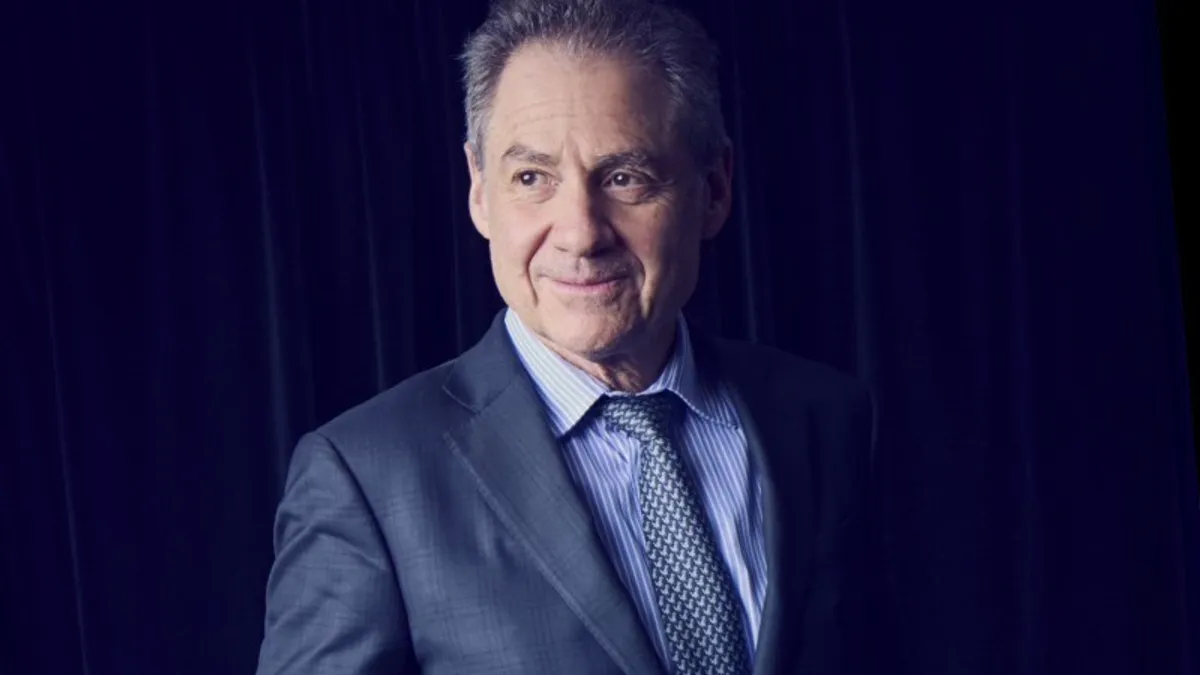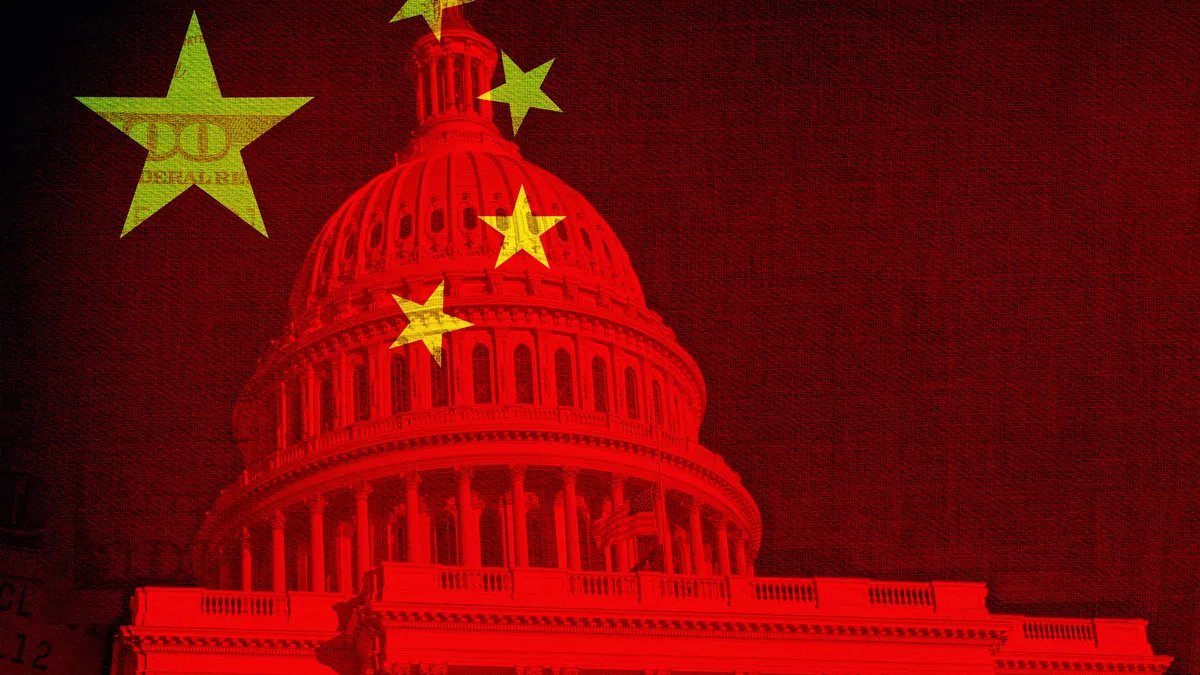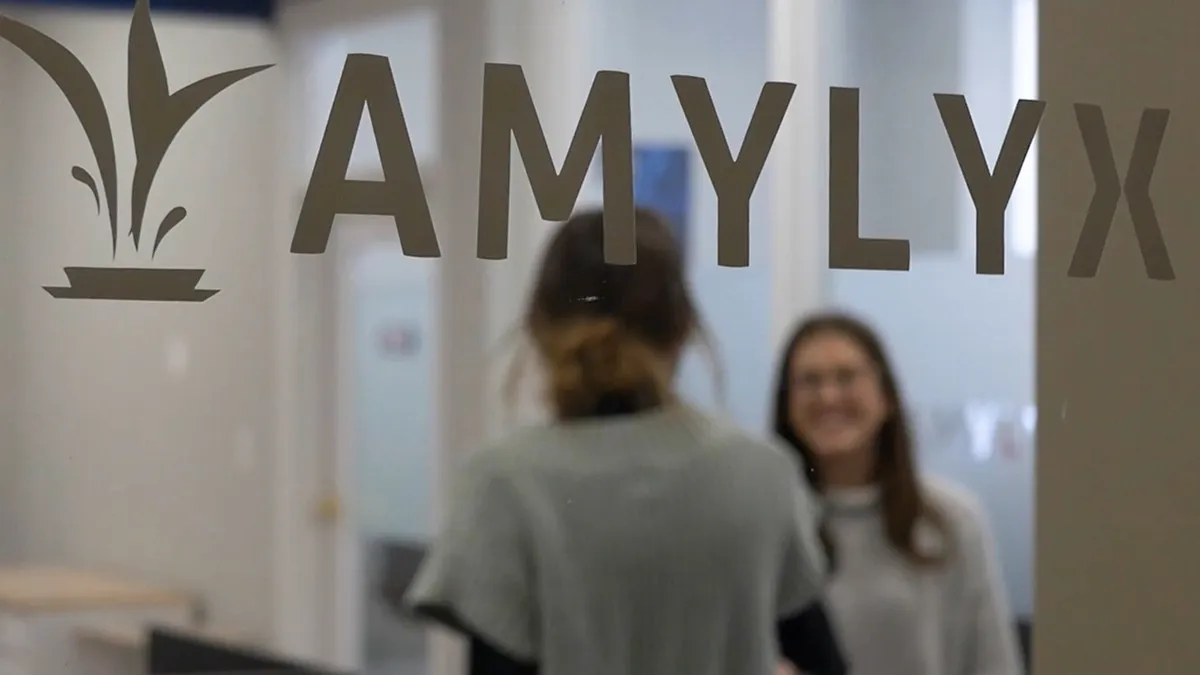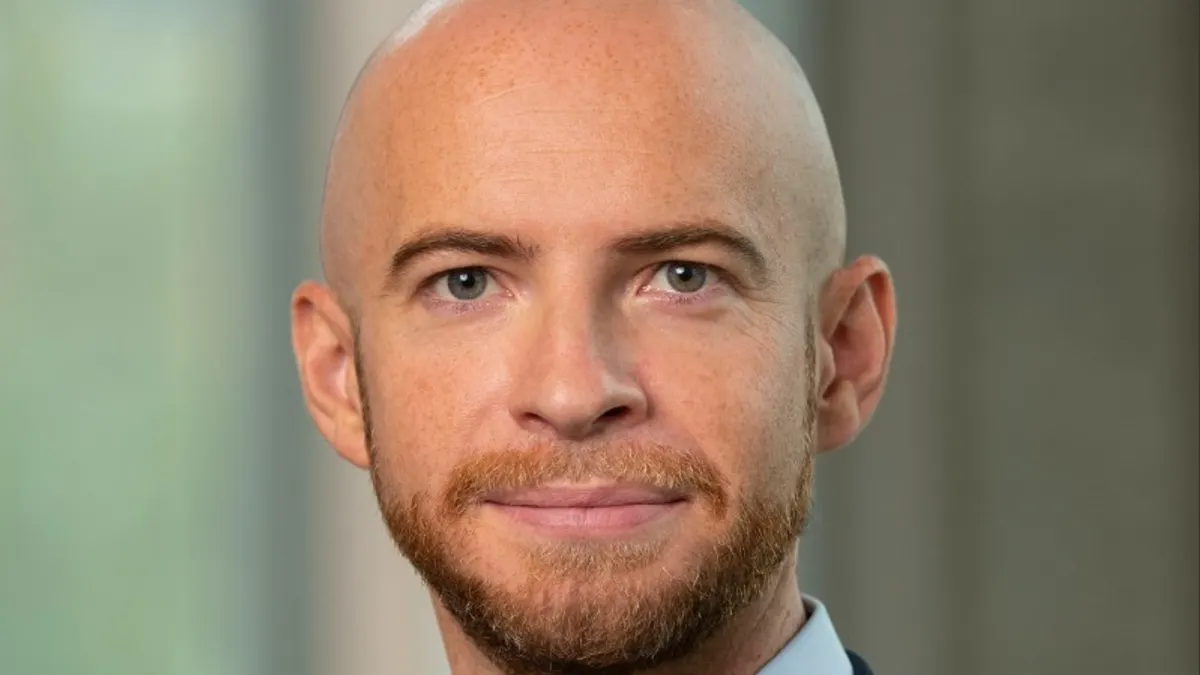When infamous “pharma bro” Martin Shkreli took that long, handcuffed perp walk, his gray hoodie pulled tightly over his head and FBI agents on each side, the company he built crumbled in his wake.
One day after Shkreli’s 2015 arrest for securities fraud, Ron Tilles, then chairman of Turing’s board of directors, and one of the original and largest shareholders in the company, stepped into the CEO role.
Tilles, a consulting venture capitalist and reluctant interim leader, was left to pick up the pieces at Turing, which had earlier in the year raised the price of an AIDS drug by 5,000%, drawing public ire and a federal investigation. Shkreli would go on to receive a seven-year prison sentence for unrelated actions that officials likened to a Ponzi scheme.
Now a member of the board of directors at the rare disease company Pyros Pharmaceuticals, Tilles, who was not charged with any wrongdoing, looks back on that time as a “nightmare” that tested everything he knew — and didn’t know — about the pricing scrutiny that would rock Turing and the pharma industry overall.
“Anytime you step into a crisis, it’s a unique situation,” Tilles said. “We were getting hit on every side, from vendors to everybody who saw the story, and it took several months before we could right the ship.”
Here’s what happened when Tilles, who had only a self-described cursory knowledge of pharma’s inner workings, stepped into the shoes of one of the most notoriously maligned CEOs in the industry’s history.
A long hike off a short pier
Tilles was one of the first investors when Shkreli, a hedge fund manager, entered the pharma arena to launch the company Retrophin in 2011. A few years later, Shkreli was ousted as CEO amid behavior that was detailed later in a $65 million lawsuit levied by the company’s leadership. After his dustup with Retrophin, Shkreli launched Turing in February 2015, also with financial backing from Tilles.
And that’s where it all went off the rails.

Although Turing started with three patents acquired from Retrophin, Shkreli’s new company quickly shifted to a strategy of licensing out-of-patent drugs, cornering the market and raising prices. The most consequential of these was Daraprim, a 1953-approved antiparasitic acquired from Impax Laboratories and used to treat symptoms related to AIDS.
When Shkreli raised the price of Daraprim from $13.50 a pill to $750, criticism poured in from patient groups, fellow pharma companies and politicians including then-presidential candidates Hillary Clinton, Donald Trump and Bernie Sanders. And once Shkreli was gone, Tilles stepped in to steer the company away from almost certain bankruptcy.
“The first six weeks were very, very rough,” Tilles said. “We didn’t know that we were even going to survive. Banks were not dealing with us, vendors were pulling the plug — pretty much worldwide scorn, at the beginning.”
To complicate the matter, Shkreli smirked through interviews and congressional hearings to gain the nickname he will likely never shake: “pharma bro.” The House Committee on Oversight and Investigations also uncovered internal documents and emails that featured Shkreli and other company leaders boasting about the price hike.
A May 2015 email from Tilles following the Daraprim acquisition didn’t help: “Very good. Nice work as usual. $1bn here we come,” it read, according to an NPR report.
Tilles, meanwhile, was attempting to hold the tattered company together.
In March 2016, Tilles told Senate lawmakers that Turing’s “focus remains to invest in treatments for neglected diseases and to dedicate our revenues to research and development.” He added that he “did not … develop the valuation models for the [Daraprim] deal or analyze the issues relating to pricing of the drug.”
Still, Turing — being guided in secret by Shkreli, who stayed involved even when he was behind bars by using a contraband cell phone — didn’t revert back to the original price of the drug.
Managing the fallout
When Shkreli had to step down, Tilles was expected to answer for the alleged misdeeds of Turing’s past. From renegotiating outstanding liabilities and ensuring patient access, to downsizing by more than 100 employees and dealing with regulatory and media scrutiny, there was a lot on his plate, he said.
In public, though, he appeared to struggle in his new role. In a back-and-forth with Sen. Claire McCaskill (D-Missouri) during the March 2016 hearing, Tilles appeared to know very little about the pricing decisions made by executives like Shkreli and chief commercial officer Nancy Retzlaff and, in fact, had little off-hand knowledge about the pharmaceutical industry or Turing’s finances, the senator pointed out.
“You know that old line, you know who your friends really are. There are a lot of people I no longer hear from. It wasn’t easy.”

Ron Tilles
Board member, Pyros Pharmaceuticals
Looking back now, Tilles described his rise to interim CEO as a duty he felt obligated to perform to keep the ship afloat as one of the company’s largest shareholders.
“It was a trial by fire — you’re thrown in and you’ve got to deal,” Tilles said. “All these different constituents and employees, and everybody has a point of view of what you should be doing.”
Mostly, what Tilles was managing were the expectations of holding off bankruptcy at a time when his own finances were deeply entrenched in the company’s success, he said.
“From a corporate side, right out of the gate we got default notices from investors,” Tilles said. “We owed money to our partners, some of them large pharma companies. It was months of reaching out for lifelines.”
Tilles served as Turing’s CEO until April 2017, and the company changed its name to Vyera Pharmaceuticals that September, “perhaps in an attempt to relinquish their baggage from the past,” according to a 2018 article from the Yale Global Health Review.
Vyera filed for bankruptcy in May last year, as did Shkreli’s other pharma company Phoenixus, which operated out of Switzerland and was the parent company to Vyera. In 2022, Shkreli was barred for life from the pharmaceutical industry.
And Tilles has faced ostracization in many corners of pharma, from his professional circle to his access to capital when banks closed accounts and wouldn’t work with him.
“You know that old line, you know who your friends really are,” Tilles said. “There are a lot of people I no longer hear from. It wasn’t easy.”
A new start?
Tilles and two other former executives from Turing now run the rare disease company Pyros — Michael Smith is holding the reins as CEO, while Edwin Urrutia works as the chief operating officer and Tilles serves as a member of the board. The FDA in June approved Pyros’ Vigafyde, an oral solution of a drug for infants with muscle spasms — Pyros was recently announced it was acquired by Taiwanese drugmaker Bora Pharmaceuticals.
Tilles said that pricing is of utmost importance now.
“Certainly at Pyros, we’re very sensitive to that … and we’re trying to price things cheaper than what’s on the market,” he said. “Fortunately, I’m not in charge of the landscape in terms of setting drug prices.”
As Tilles reflected on the road to this point, he said the price hike for Daraprim “didn’t make sense.”
“Every single drug company raises prices, but they do it by 5% or 10% across the board,” said Tilles, who also has several new ventures in stealth mode, mostly in the neuroscience field. “That I can understand, but 5,000% I don’t think anybody could understand.”
During the Turing fallout, Tilles said patients still received Daraprim. But a question he’s asked often is: Why didn’t he, as CEO, just lower the price?
“My wish would have been to completely reverse the price hike,” Tiles said. “It was just untenable … [what] I didn't realize was once you've gone down that path, you couldn't flip the switch like that.”
To do so would be up to the largest shareholder, and “I think you know who that is,” Tilles said.
That largest shareholder was Shkreli, who Tilles said he hasn’t spoken to in years.



















